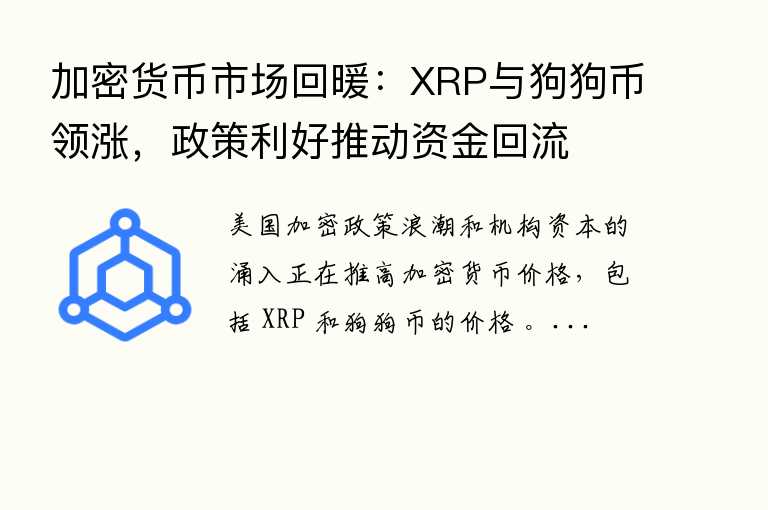pack函数
时间:2006-04-28 来源:jingzhi
(没翻译完,明儿再翻译)
pack -- Pack data into binary string.
pack —— 打包数据为二进制字符串。
Description
描述
string pack ( string format [, mixed args])
Pack given arguments into binary string according to format. Returns binary string containing data.
Pack函数返回 根据format定义的格式将args 转换成的二进制字符串
The idea to this function was taken from Perl and all formatting codes work the same as there, however, there are some formatting codes that are missing such as Perl's "u" format code. The format string consists of format codes followed by an optional repeater argument. The repeater argument can be either an integer value or * for repeating to the end of the input data. For a, A, h, H the repeat count specifies how many characters of one data argument are taken, for @ it is the absolute position where to put the next data, for everything else the repeat count specifies how many data arguments are consumed and packed into the resulting binary string. Currently implemented are
表格 1. pack() format characters
Code
Description
a
NUL-padded string
A
SPACE-padded string
h
Hex string, low nibble first
H
Hex string, high nibble first
c
signed char
C
unsigned char
s
signed short (always 16 bit, machine byte order)
S
unsigned short (always 16 bit, machine byte order)
n
unsigned short (always 16 bit, big endian byte order)
v
unsigned short (always 16 bit, little endian byte order)
i
signed integer (machine dependent size and byte order)
I
unsigned integer (machine dependent size and byte order)
l
signed long (always 32 bit, machine byte order)
L
unsigned long (always 32 bit, machine byte order)
N
unsigned long (always 32 bit, big endian byte order)
V
unsigned long (always 32 bit, little endian byte order)
f
float (machine dependent size and representation)
d
double (machine dependent size and representation)
x
NUL byte
X
Back up one byte
@
NUL-fill to absolute position
例子 1. pack() example
The resulting binary string will be 6 bytes long and contain the byte sequence 0x12, 0x34, 0x78, 0x56, 0x41, 0x42.
Note that the distinction between signed and unsigned values only affects the function
[url=mk:@MSITStore:C:\Documents%20and%20Settings\sun\桌面\参考手册\php_manual_zh.chm::/zh/function.unpack.html]unpack()[/url]
, where as function pack() gives the same result for signed and unsigned format codes.
Also note that PHP internally stores
[url=mk:@MSITStore:C:\Documents%20and%20Settings\sun\桌面\参考手册\php_manual_zh.chm::/zh/language.types.integer.html]integer[/url]
values as signed values of a machine dependent size. If you give it an unsigned integer value too large to be stored that way it is converted to a
[url=mk:@MSITStore:C:\Documents%20and%20Settings\sun\桌面\参考手册\php_manual_zh.chm::/zh/language.types.float.html]float[/url]
which often yields an undesired result.
pack -- Pack data into binary string.
pack —— 打包数据为二进制字符串。
Description
描述
string pack ( string format [, mixed args])
Pack given arguments into binary string according to format. Returns binary string containing data.
Pack函数返回 根据format定义的格式将args 转换成的二进制字符串
The idea to this function was taken from Perl and all formatting codes work the same as there, however, there are some formatting codes that are missing such as Perl's "u" format code. The format string consists of format codes followed by an optional repeater argument. The repeater argument can be either an integer value or * for repeating to the end of the input data. For a, A, h, H the repeat count specifies how many characters of one data argument are taken, for @ it is the absolute position where to put the next data, for everything else the repeat count specifies how many data arguments are consumed and packed into the resulting binary string. Currently implemented are
表格 1. pack() format characters
Code
Description
a
NUL-padded string
A
SPACE-padded string
h
Hex string, low nibble first
H
Hex string, high nibble first
c
signed char
C
unsigned char
s
signed short (always 16 bit, machine byte order)
S
unsigned short (always 16 bit, machine byte order)
n
unsigned short (always 16 bit, big endian byte order)
v
unsigned short (always 16 bit, little endian byte order)
i
signed integer (machine dependent size and byte order)
I
unsigned integer (machine dependent size and byte order)
l
signed long (always 32 bit, machine byte order)
L
unsigned long (always 32 bit, machine byte order)
N
unsigned long (always 32 bit, big endian byte order)
V
unsigned long (always 32 bit, little endian byte order)
f
float (machine dependent size and representation)
d
double (machine dependent size and representation)
x
NUL byte
X
Back up one byte
@
NUL-fill to absolute position
例子 1. pack() example
The resulting binary string will be 6 bytes long and contain the byte sequence 0x12, 0x34, 0x78, 0x56, 0x41, 0x42.
Note that the distinction between signed and unsigned values only affects the function
[url=mk:@MSITStore:C:\Documents%20and%20Settings\sun\桌面\参考手册\php_manual_zh.chm::/zh/function.unpack.html]unpack()[/url]
, where as function pack() gives the same result for signed and unsigned format codes.
Also note that PHP internally stores
[url=mk:@MSITStore:C:\Documents%20and%20Settings\sun\桌面\参考手册\php_manual_zh.chm::/zh/language.types.integer.html]integer[/url]
values as signed values of a machine dependent size. If you give it an unsigned integer value too large to be stored that way it is converted to a
[url=mk:@MSITStore:C:\Documents%20and%20Settings\sun\桌面\参考手册\php_manual_zh.chm::/zh/language.types.float.html]float[/url]
which often yields an undesired result.
相关阅读 更多 +










